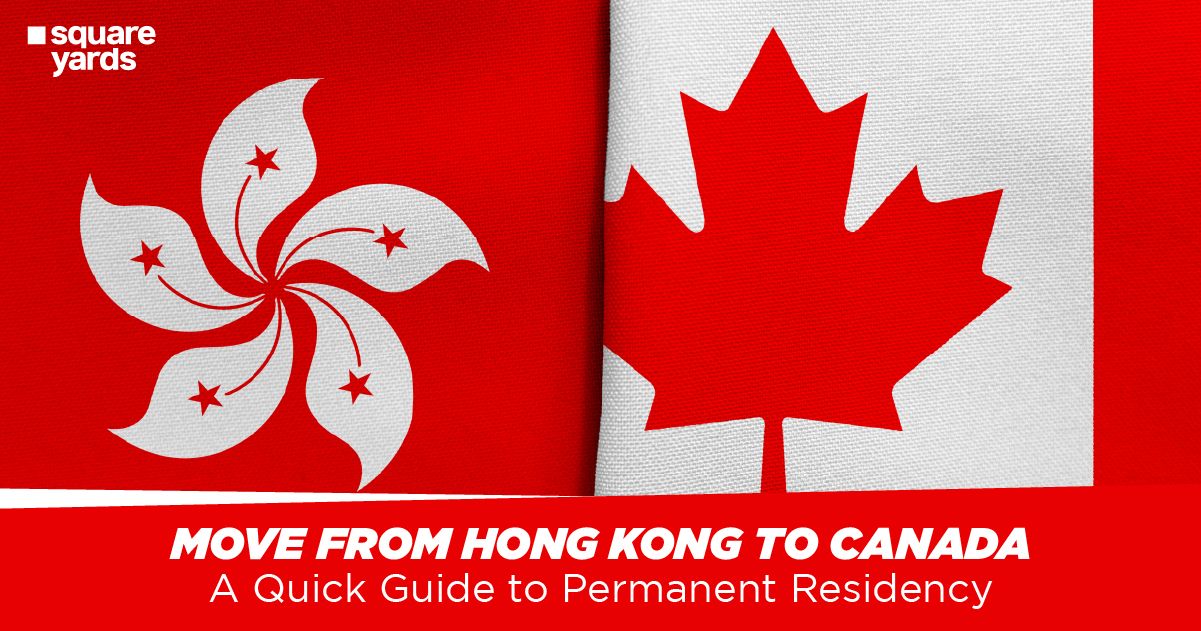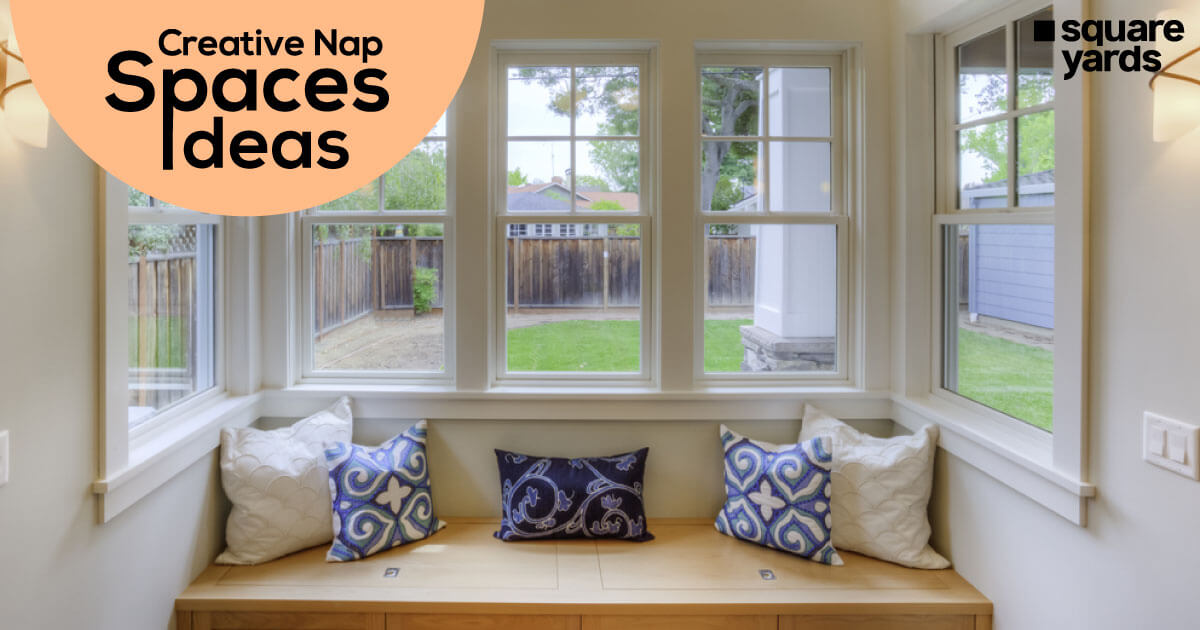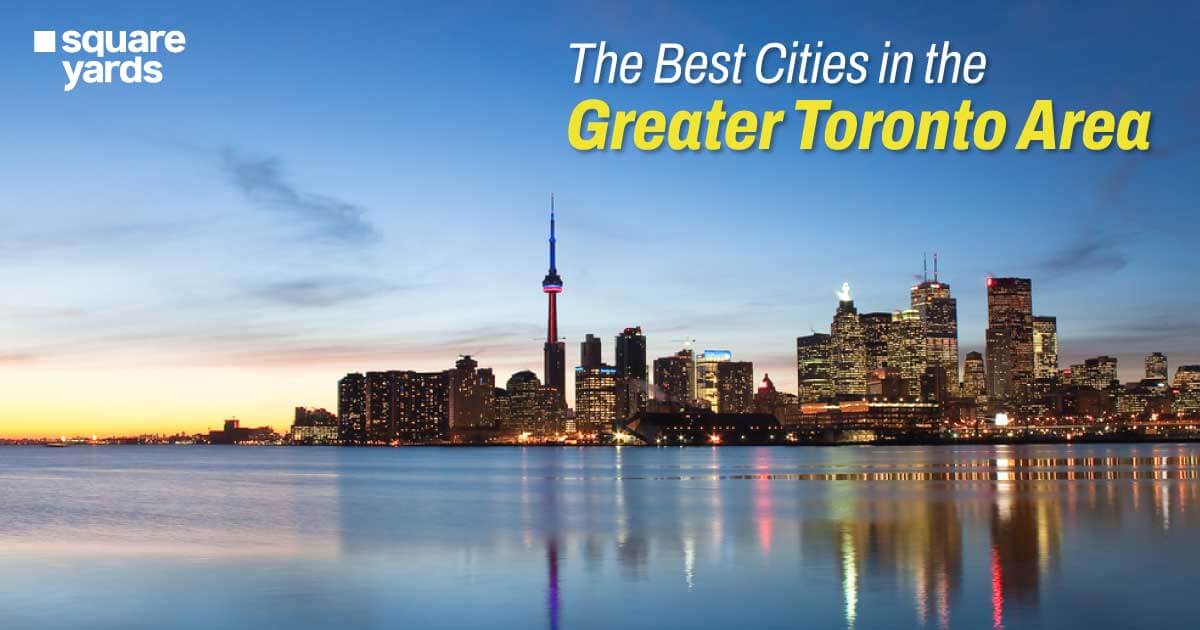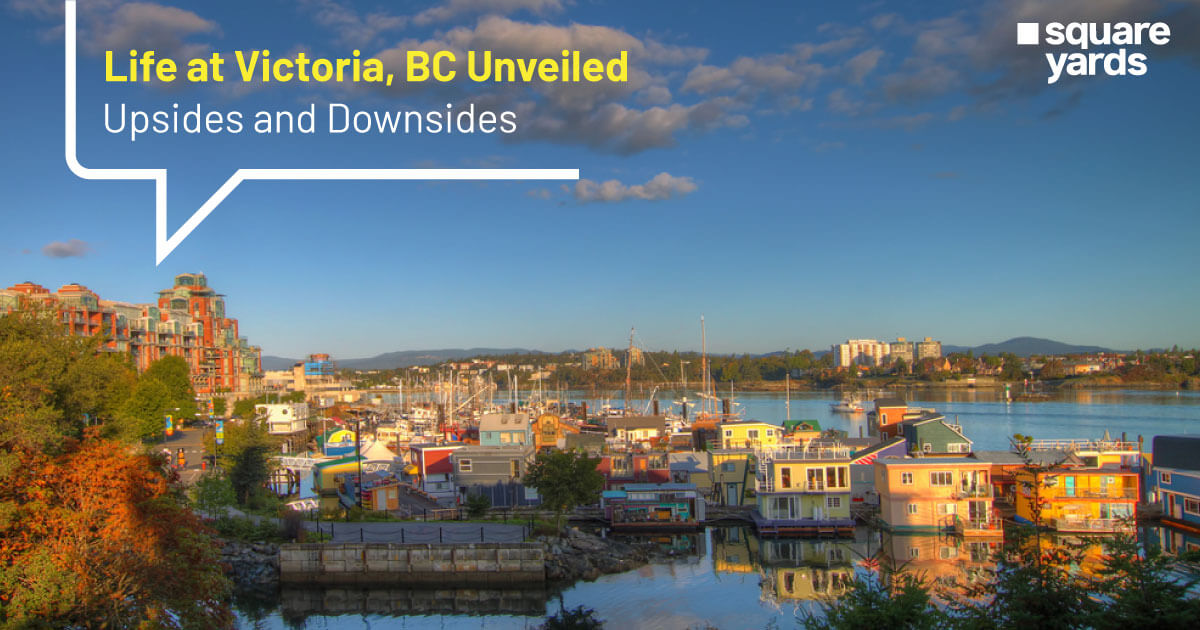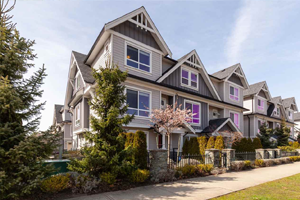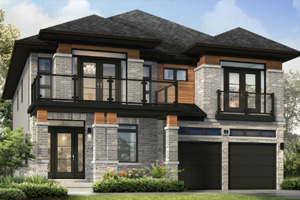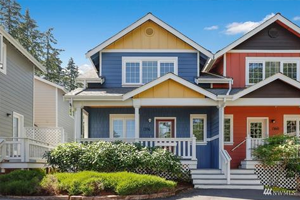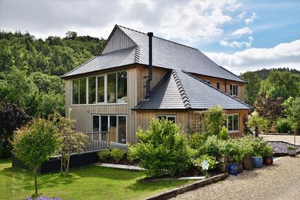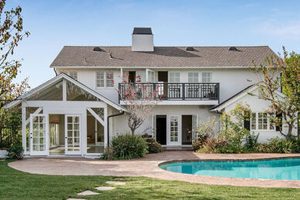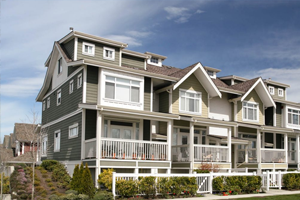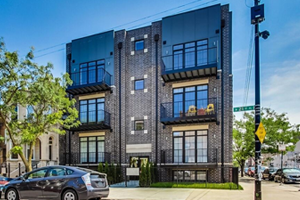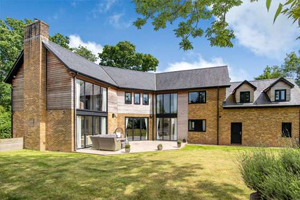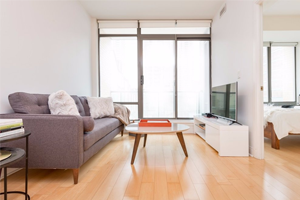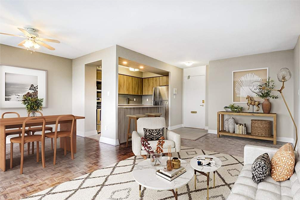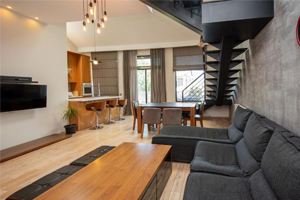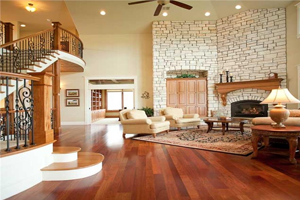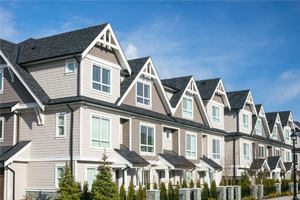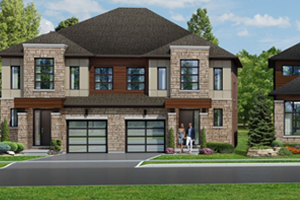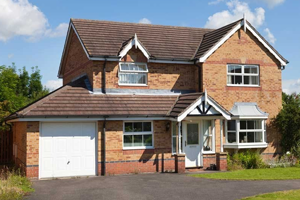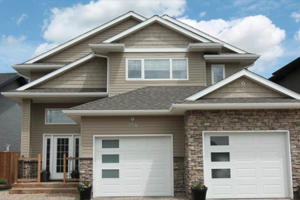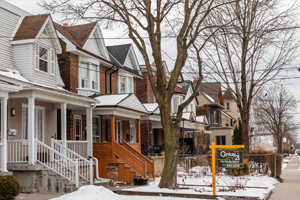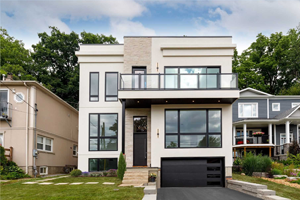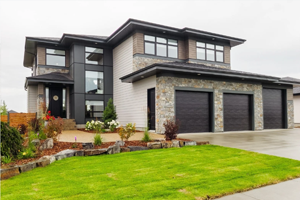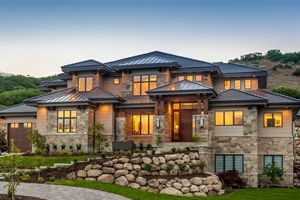The Canadian Environmental Protection Act (CEPA) governs noise regulation in Canada. CEPA requires all provinces and territories to develop and implement their noise regulations. The Canadian Noise Regulation (CNR) was created under CEPA and enacted on December 15, 2006. The CNR sets out requirements for controlling construction noise, including limiting work hours, setting minimum sound levels, and requiring mufflers or other noise-reducing devices. These noise laws protect public health and safety by limiting exposure to excessive noise. Excessive noise can lead to several health problems, including hearing loss, tinnitus, and cardiovascular disease. Canada’s noise restrictions can be implemented in several different ways.
For example, provinces and territories may limit the noise that certain types of equipment or machinery can produce. They may also establish quiet zones where people are regularly exposed to high noise levels. This blog post will look at these Canadian noise restrictions and how they can help reduce noise pollution in our communities!
Neighbourhoods Noise Regulation
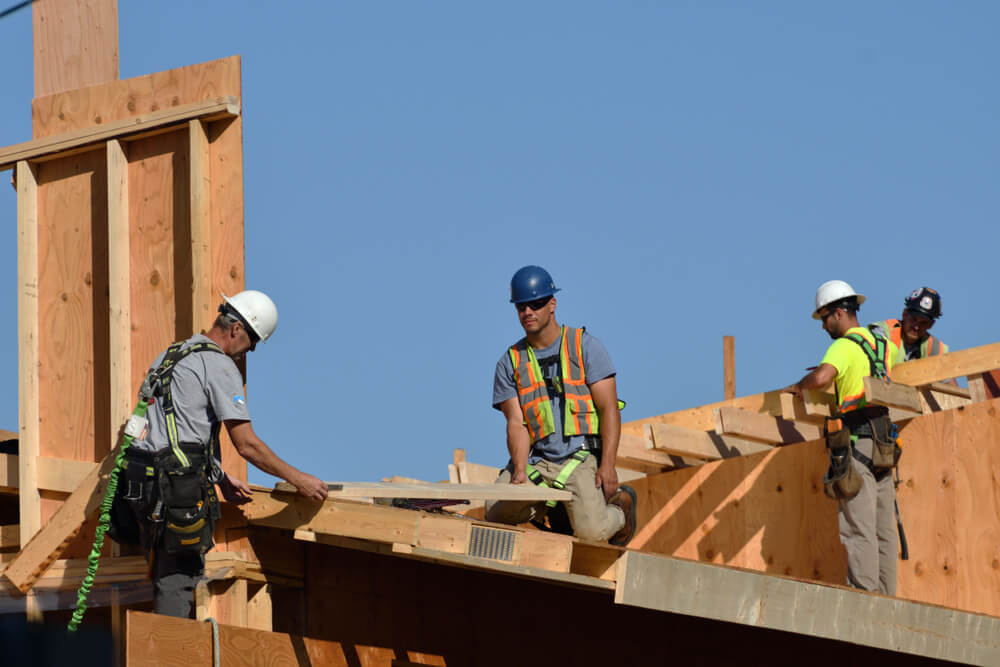
In residential areas in Canada noise regulations may be implemented to address various disturbances. Common Canada noise regulations address issues such as:
-
- Construction Noise : Local by-laws generally regulate construction noise. Construction hours are typically restricted to weekdays from 7 am to 7 pm. However, some municipalities may have different hours or allow exceptions if the work is considered necessary or an emergency.
- Party Noise : The best way to deal with party noise is to talk to your neighbours and agree on what is acceptable. If you live in an apartment building, you could also speak to your landlord or property manager about implementing a Quiet Hours policy.
- Vehicle Noise : Many believe that the best way to deal with this type of noise is through public education campaigns promoting quieter driving habits. However, some municipalities have implemented laws and regulations around vehicle noise, such as prohibiting excessive engine braking or honking and establishing quiet zones in residential areas.
Noise Regulations in Toronto
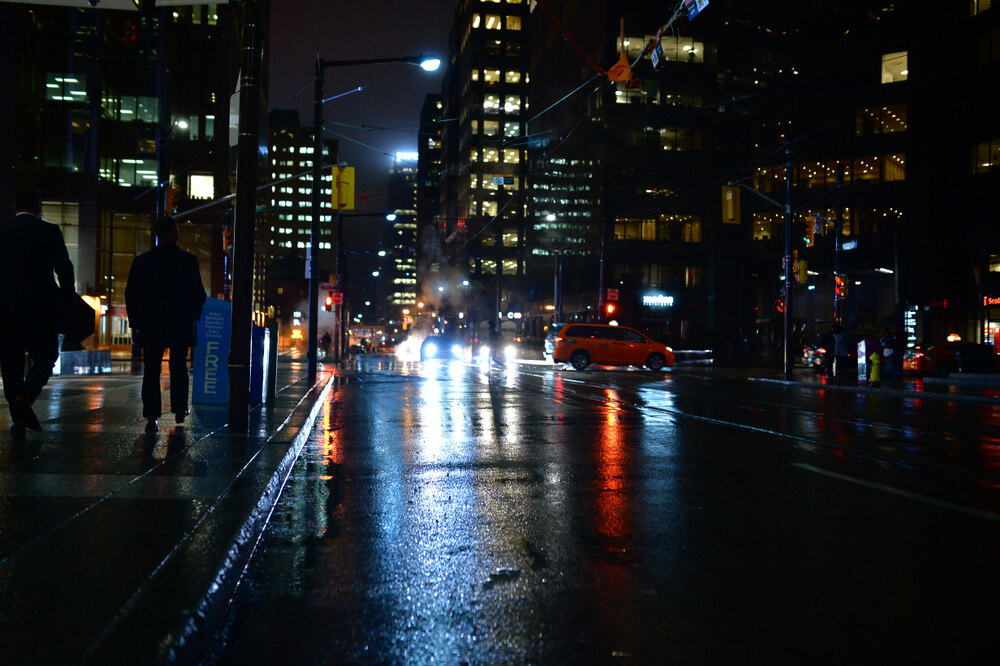
In Toronto, noise regulations are set by the City of Toronto’s Municipal Code. Some of the key bylaws in Toronto include by-laws (No. 591-2013), (No. 486-86) and others. Toronto Police Service officers and Municipal Licencing and Standards officers enforce these regulations. The acceptable sound levels in Toronto are as follows:
-
- Amplified Sound: The maximum level for amplified sound or sound made by an electronic device in Toronto is 50 dB. Further, amplified sounds are prohibited from playing even at normal levels from 11 pm to 7 am.
- Animals: Persistent noise or sound by any animal is prohibited.
- Construction: Construction sounds are forbidden on Sundays and other holidays. Further, no such noises are allowed between 7 pm and 7 am on other days of the week, except Saturday up to 9 am.
- Loading and Unloading: No loading-unloading sounds are acceptable from 11 pm to 7 pm, except till 9 am on Saturdays, Sundays and statutory holidays.
- Motor Vehicles: Unnecessary noise from vehicles, repairs, remodifying, and other activities is prohibited from 9 pm to 7 am, except up until 9 am on Saturdays, Sundays, and other statutory holidays. Motorcycles are prohibited from exceeding 92 dB in idle condition or 96 dB at any given speed.
- Power Devices: Sounds from power devices are not allowed from 7 pm to 8 am on all days of the week, except up until 9 am on Saturdays, Sundays, and public holidays. These devices include chainsaws, mowers, leaf blowers, and others.
- Stationary Source/ Residential Air Conditioners: Sound levels from such sources cannot exceed 50 dB from 7 am to 11 pm and 45 dB from 11 pm to 7 am the next day. The restrictions do not apply to sources having provincial environmental compliance approval.
- Penalty: Penalties for violating the noise regulations range from a $500 fine for the first offence to a maximum fine of $100,000 for subsequent violations.
Filing A Complaint in Toronto
To file a noise complaint in Toronto, the following helplines are available:
-
- Residents from Toronto: 311
- Residents Outside Toronto: 416-392-CITY (2489).
Noise Regulations in Montreal
Several noise regulations are in Montreal, determined primarily by the borough in which one lives. The zoning by-law is most important in deciding where different noise-producing activities can occur. Additionally, noise regulations apply to all types of noise, including music, car stereo systems, and construction equipment. Some key restrictions include:
-
- Regular Sound Levels: The maximum permissible noise level is 55 decibels during the day and 50 decibels at night.
- Fireworks/ Pyrotechnics: All fireworks and pyrotechnics are prohibited at all times except those authorised by the borough council.
Filing A Complaint in Montreal
Residents in Montreal can file official complaints with authorities concerned with their borough. Further, the following channels are available for communication:
-
- Residents from Montreal: 311
- Emergency Contact: 911
Noise Regulations in Calgary
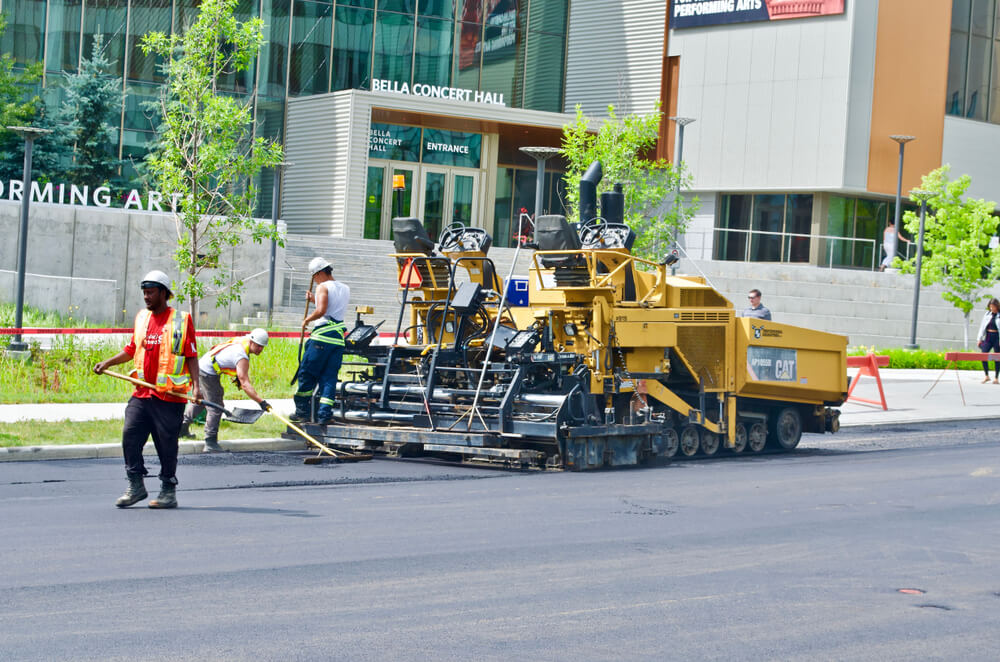
There are a variety of noise regulations in Calgary that aim to protect both residential and commercial areas from excessive noise. Some key noise laws include:
-
- Amplified Sound: Amplified sounds are restricted from 10 pm to 7 am within 150 metres of a residential building. The duration is relaxed from midnight till 7 am during the Calgary Stampede.
- Construction: All construction work must stop by 10 pm in a residential area.
- Power Devices: Noise from power devices is prohibited from 10 pm to 7 am Monday through Saturday. It is not permitted from 10 pm to 9 am on Sundays and public holidays.
- Traffic and Vehicle Noise: Vehicular disturbances, such as speaker sounds, tyre squealing, and engine sounds, cannot exceed 96 dB in Calgary.
- Persistent Noise: Residential areas are prohibited from having persistent sounds, including those that are either 5dB or 85dB higher than the ambient noise levels, measured over a period of one hour during the day or night.
- Penalty: Failure to comply with these regulations can result in a fine of up to $250.
Filing a Complaint in Calgary
The following numbers can be contacted to raise a complaint in Calgary:
-
- Residents from Calgary: 311
- Residents from Outside Calgary: 403-268-CITY (2489)
- Calgary Police Service: 403-266-1234
- Emergency Number: 911
Noise Regulations in Ottawa
The capital city of Ottawa has a set of noise regulations that are enforceable by law. Some key noise regulations include:
-
- Regular Sound Levels: Noise levels must be kept below 50 decibels (dB) during daytime and 45 dB at night.
- Amplified Sound: Loudspeakers, electronic devices and other sources are prohibited from 11 pm to 7 am. This duration extends till 9 am on Saturdays and noon on Sundays and holidays.
- Bells, Horns and Shouting: Noise from the above sources is prohibited except for certain exceptions. These include using city halls between 9 am and 9 pm, danger sirens for a maximum of 20 continuous minutes, car alarms for less than five minutes, and other exceptions.
- Power Devices: The use of such devices is prohibited from 9 pm to 7 am on weekdays and from 9 pm to 9 am on weekends and public holidays.
- Traffic and Vehicle Noise: Vehicles cannot create undue noise and disturb other residents.
- Construction: Construction vehicles and equipment are prohibited from 10 pm to 7 am, except at 9 am on Saturdays, Sundays, and holidays.
- Air Conditioners: Air conditioning and other systems cannot produce sounds exceeding 50 dB measured at the point of reception in Ottawa.
- Penalty: Violations of the by-law can result in fines of up to $5,000 for individuals and $10,000 for businesses.
Filing a Complaint in Ottawa
Residents in Ottawa can raise a complaint at the following helplines:
-
- Residents of Ottawa: 311
- Official Website: https://ottawa.ca/en
Noise Regulations in Edmonton
Edmonton has quite a few regulations regarding noise pollution in place as well. Some key noise regulations include:
-
- Regular Sound Levels: Residential areas have a maximum noise level of 65 dB during the day from 7 am to 10 pm and 50 dB from 10 pm to 7 am.
- Construction: No construction activity is allowed from 9 pm to 7 am Monday through Saturday. Construction activities are prohibited from 7 pm to 9 am on Sundays and public holidays.
- Traffic and Vehicle Noise: Residents are forbidden from creating undue vehicular or traffic noise that may disturb other residents.
- Penalty: City authorities retain the right to issue fines for excessive noise levels.
Filing a Complaint in Edmonton
The following contacts can be used to raise a complaint in Edmonton:
-
- Residents of Edmonton: 311
- Email: trafficcomplaints@edmontonpolice.ca
Noise Regulations in Mississauga
Mississauga has a noise by-law that outlines how much noise is permitted in the city. Noise levels are measured using the “day-night average sound level” (DNL). Further, Mississauga also features Quiet Zones with separate time restrictions from other areas. Some of the key noise regulations include:
-
- Regular Sound Levels: The town’s maximum DNL is 65 decibels (dB) during the day and 55 dB at night.
- Amplified Sound Levels: Amplified sound is prohibited from 7 pm to 7 am on all days in residential areas, except on Sundays and public holidays.
- Animals: No pet noises are allowed in the Quiet Zones. Pet noises are restricted in other areas from 7 pm to 9 am.
- Construction: Construction equipments cannot operate from 5 pm to 7 am in the quiet zones. In other areas, the restriction applies from 7 pm to 7 am.
- Power Devices: Usage of power devices, except for snow removal, is not allowed from 7 pm to 9 am.
- Penalty: The city can take action against businesses or individuals that violate noise regulations. Penalties for violating the noise by-law can range from a minimum $50 fine to a maximum $5,000 fine for businesses and $25,000 for corporations.
Filing a Complaint in Mississauga
Residents can visit the city’s official website provided below, and file a complaint under the ‘Report Excessive Noise’ option:
-
- Website: https://www.mississauga.ca/
Noise Regulations in Winnipeg
Some key noise regulations in Winnipeg include:
Regular Sound Levels: The City of Winnipeg’s maximum allowable noise level is 55 decibels (dB) during the day and 50 dB at night.
-
- Amplified Sound: The city’s by-laws prohibit amplified sound from being audible beyond 150 metres.
- Power Devices: Power devices cannot operate within 150 metres of a residential development. Further, their usage is restricted from 9 pm to 7 am on weekdays and 9 pm to 9 am on Saturdays, Sundays and other holidays.
- Traffic and Vehicle Noise: No such noises are permitted within 150 metres of a residential property. Further, such activities are restricted from 9 pm to 7 am on weekdays and 9 pm to 9 am on Saturdays, Sundays and other holidays.
- Penalty: Failure to comply with a noise abatement order can result in fines of up to $5,000 for individuals and $10,000 for businesses.
Filing a Complaint in Winnipeg
Complaints related to noise levels in Winnipeg can be filed at:
-
- Residents of Winnipeg: 311
- Email: 311@winnipeg.ca
- Winnipeg Police Non-Emergency Helpline: 204-986-6222
Noise Regulations in Vancouver
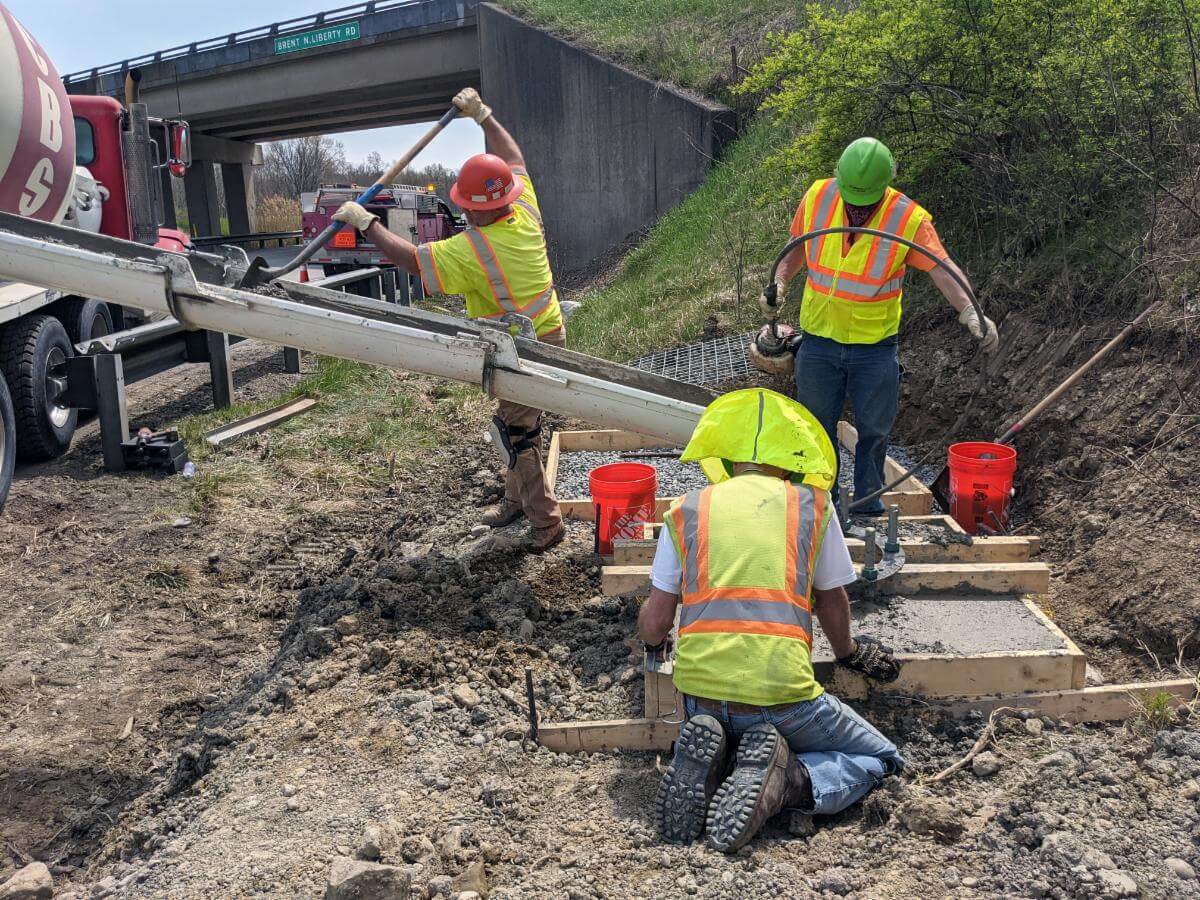
Several noise regulations in Vancouver aim to keep the city quiet and peaceful. Construction noise is regulated by the city’s Noise Bylaw and the provincial Construction Noise Regulation. The regulations vary depending on the type of work being done and the time of day. Further, Vancouver also offers a voluntary noise abatement programme to help residents reduce excessive noise from their property.
Some key noise laws in Vancouver include:
-
- Regular Sound Levels: The city has set a maximum noise limit of 70 dB for residential areas during the daytime.
- Amplified Sound: Vancouver does not allow amplified noise that can disturb other residents. Further, any commercial building connected to a residential building can’t produce amplified sounds higher than 55 dB.
- Construction: Construction noises are prohibited from 8 pm to 7:30 am on weekdays and 8 pm to 8 am on Saturdays. No construction is permitted on private properties on Sundays. However, construction activities can continue on streets/ boulevards/ lanes from 10 am to 8 pm.
- Power Devices: Power devices are allowed during the daytime in Vancouver. Noise levels from these devices must be less than 77 dB when measured from a distance of 15.2 metres. Leaf blowers can be operated from 6 pm to 8 am on weekdays and 5 pm to 9 am on Saturdays within 50 metres of a residential development. While leaf blowers are prohibited in the West End, only low-noise leaf blowers are allowed in the city.
- Penalty: Offenders are charged up to $100 for their first offence, $200 for their second offence, and $500 for subsequent offences.
Filing a Complaint in Vancouver
The following services can be used to file complaints regarding noise levels in Vancouver:
-
- Residents of Vancouver: 311
- Website: https://van311.ca/
Noise Regulations in Brampton
Like many Canadian municipalities, Brampton has noise regulations to protect residents from excessive noise. Some key noise regulations include:
-
- Regular Sound Levels: It is strictly forbidden to make any noise between 7 pm and 7 am during the week and between 7 pm and 9 am on Saturdays.
- Amplified Sound Level: Amplified sound from events is only allowed until 11 pm on weeknights and 1 am on Fridays and Saturdays.
- Persistent Noise: Bylaws in Brampton restrict recurring and persistent noises from exceeding ten days.
Filing a Complaint in Brampton
Noise complaints can be raised at the following helplines in Brampton:
-
- Peel Police Non-Emergency Line: 905-453-3311
- Website: https://www.peelpolice.ca/en/index.aspx
- 24-hour Law Enforcement Line: 905-458-3424
Noise Regulations in Hamilton
Much like the noise regulations in Toronto, Hamilton has implemented several by-laws and rules to control noise levels. Some key noise regulations include:
-
- Construction: Hamilton’s bylaws prohibit construction noises from 10 pm to 7 am.
- Noise from Commercial Sources: All commercial businesses must keep their outdoor speakers away from residential properties.
- Traffic and Vehicle Noise: All vehicles must have mufflers installed and functioning correctly.
Filing a Complaint in Hamilton
Noise-related complaints in Hamilton can be filed at:
-
- Hamilton Police Services: 905-546-4925
- Official Website: https://www.hamilton.ca/
Final Thoughts
Noise pollution is a serious problem in today’s world. The government in Canada has taken several steps to reduce this noise pollution, such as regulating noise levels from construction sites and setting minimum soundproofing standards for new buildings. The government also needs to increase public awareness about the dangers of noise pollution and what people can do to reduce its impact on their lives.
You May Also Read :
|
Guide To Fair Housing Act |
|
|
Understand Income Tax in Canada |
|
|
What is Canadian Employment Law |
|
|
Know The Real Estate Tax in Canada |
Frequently Asked Question (FAQs)
What is the legal time to stop making noise?
The legal time to stop making noise in Canada is typically 10:00 p.m. local time, unless otherwise posted. However, this rule has some exceptions, such as for special events or construction work.
Where can I complain about noise in Toronto?
If you're experiencing noise that you believe violates the city's noise by-law, you can contact the city's Municipal Law Enforcement Services. You can also file a complaint with the Ontario Ministry of the Environment if you believe the noise comes from a business or industry.
Can you get evicted for noise complaints in Québec?
Yes, you can get evicted for noise complaints in Québec. If your landlord receives multiple noise complaints from your neighbours, they may give you notice to vacate the premises. In some cases, your landlord may also take legal action against you.
What does the law say about noisy neighbours?
According to the Canadian Noise Regulation, noisy neighbours can be classified as public disturbances. If your neighbour is excessively loud and causing a nuisance, you can file a complaint with local law enforcement. To file a complaint, you must prove that the noise is excessive and causing a disturbance. Once the complaint is filed, an officer will be dispatched to investigate the situation. If the officer finds that the noise is excessive and causing a disturbance, they may issue a warning or ticket to the offending neighbour.
Can I call the local police for a noise complaint?
If you are disturbed by noise, you can call the police non-emergency line in your jurisdiction and make a complaint. The police will usually come out and investigate the situation. If they find the noise coming from a business, they may issue a warning or ticket to the business owner.
What time are you allowed to make noise in Canada?
This depends totally on the area of Canada. But, generally, you are allowed to operate at a tolerable voice level between 7:00 a.m. to 10:00 p.m. from Monday to Saturday, and on Sunday, you have to make an exception until 9:00 a.m. and can operate similarly until 10:00 p.m. at night.
What time can you make a noise complaint in Ontario?
Albeit, the noise as such must abide by the tolerance level and should not disturb neighbours and others, but if there is still loud noise after 10:00 p.m., then you can make a noise complaint in Ontario.
What are the rules for noise exposure?
By utilising sound, the permissible exposure limit (PEL) set by OSHA for an 8-hour day is 90 dBA for all employees. The OSHA regulation employs a 5 dBA exchange rate. This implies that when the sound level is raised by 5 dBA, the duration of time a person can encounter a particular sound level to obtain an equivalent dosage is reduced by 50%.
What is the noise curfew in Canada?
The continuous amplification of noise, whether created by an electronic apparatus or loudspeaker, is prohibited when it exceeds a sound level of 50 dB. Moreover, such sounds are not permissible at regular levels from 11 p.m. to 7 a.m. and should not exceed 55 dB between 7 a.m. and 11 p.m.
Can I call the police for a noise complaint in Canada?
Yes, if the bothersome noise is intolerable, then you can definitely call the police for a noise complaint in Canada.
What is the noise rule in Ontario?
Sound is deemed satisfactory if it ranges from 40 to 60 decibels or corresponds to the surrounding environmental noise level, whichever is greater. Noise contamination is typically any noise above acceptable levels.




